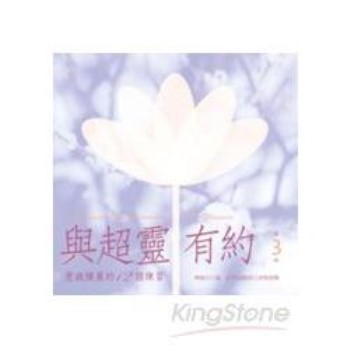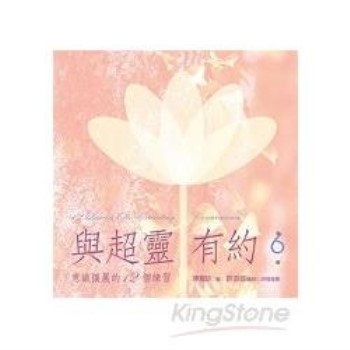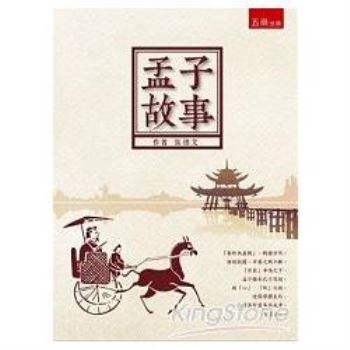Local writing on the subject of old age had tended to a fairly uniform approach, focusing on empirical studies of old age as a social problem using census and survey-type data. Little attention had been paid to theory development. Originally published in 1981, this book provides an in-depth study of how old age was experienced in contemporary Australian society at the time. It was the first major piece of original research on aging to be published in Australia and in several important senses represented a clear departure from the mainstream of Australian gerontology. The Aging Experience links original in-depth data to a broad theoretical framework. Working from the premise that old age is a devalued status it examines the implications of this for the personal experience and interpersonal relations of elderly people. Through detailed case studies of elderly Australians their interaction with family, age peers and welfare services are described. The analysis concentrates less on the overt characteristics of these relationships and their material functions than on their symbolic content and meaning for the participants. Thus, the study moves beyond conventional statistical documentation of the problems of old age to a sharper delineation of aging as a lived experience. It is an approach which offers new perspectives, and challenges many of the assumptions underlying previous research.












